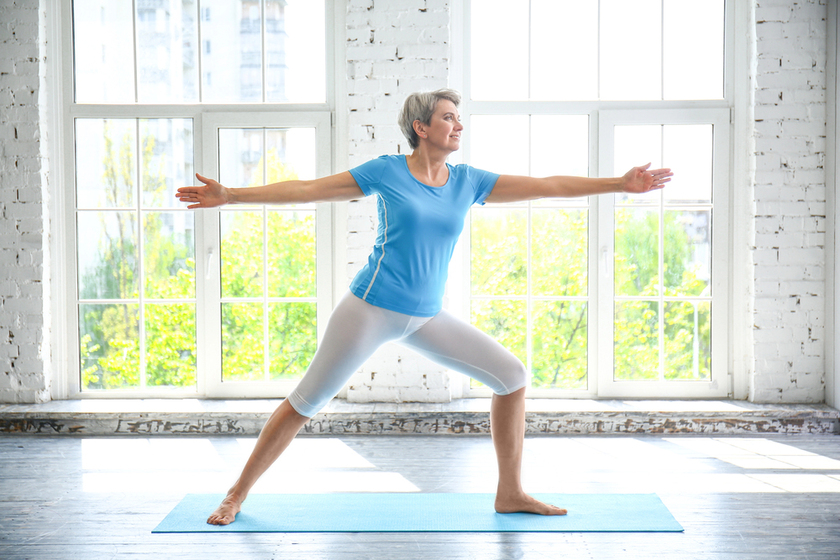As you and your loved ones explore options for a more fulfilling life, understanding the importance of active relaxation is key.
Maintaining a balanced and stress-free lifestyle is important as stress in seniors can lead to numerous health issues. Adopting active relaxation techniques can significantly improve overall well-being.
What Is Active Relaxation?
Active relaxation involves engaging in physical and mental activities that promote a state of calm and peace. Unlike passive relaxation, which may involve watching TV or lounging, active relaxation includes purposeful actions that foster a sense of accomplishment and reduce stress.
This approach is particularly beneficial for the elderly as it combines both mental and physical aspects.
Benefits of Active Relaxation for the Elderly
Engaging in active relaxation can provide numerous benefits. Physically, it can help maintain mobility, improve cardiovascular health, and reduce the risk of chronic diseases.
Mentally, it stimulates the brain, reducing the risk of cognitive decline and promoting emotional well-being. Incorporating active relaxation into daily routines can effectively manage stress and enhance your overall quality of life.
Effective Active Relaxation Techniques
- Gentle Physical Activities
Activities such as yoga, tai chi, and walking are excellent forms of active relaxation. These activities improve physical health, promote mental clarity, and reduce stress levels.
You can enjoy these activities individually or as part of a group, making them a great way to socialize and stay active.
- Mindful Practices
Practices like meditation and deep breathing are powerful tools for stress prevention. These techniques help calm the mind, reduce anxiety, and improve focus. Setting aside a few minutes each day for mindful practices can create a sense of inner peace that contributes to overall stress reduction.
- Engaging Hobbies
Pursuing hobbies such as gardening, painting, or playing musical instruments can be incredibly fulfilling. These activities provide a sense of purpose and accomplishment, essential for emotional health. Engaging in hobbies also encourages creativity and helps keep the mind active and sharp.
- Social Interaction
Maintaining strong social connections is vital for emotional well-being. Participating in social activities and events can significantly reduce feelings of loneliness and depression. Engaging with others provides emotional support and fosters a sense of community, crucial for maintaining a positive outlook.
- Cognitive Stimulation
Keeping the mind active through puzzles, reading, or learning new skills can help prevent cognitive decline.
These activities stimulate the brain and provide a sense of achievement and satisfaction. Cognitive activities can be fun and challenging, making them an enjoyable part of daily life.
Incorporating Active Relaxation into Daily Life
Integrating active relaxation into your routine doesn’t have to be complicated. Start by identifying activities you enjoy, and plan to incorporate them into your daily schedule.
Whether it’s a morning walk, a mid-day meditation session, or an evening of painting, these small steps can make a significant difference in managing stress and enhancing well-being.
The Power of Active Relaxation
Active relaxation is a powerful tool in preventing stress in the elderly. You can enjoy a more peaceful and fulfilling life by engaging in meaningful activities that promote physical and mental health.
Whether through gentle exercises, mindful practices, or social interactions, there are numerous ways to incorporate active relaxation into your daily routine.
Consider exploring our Independent Living community if you want a supportive environment encouraging active relaxation and a stress-free lifestyle. We offer a variety of programs and activities designed to help you maintain a healthy and balanced life.
Contact us today to learn how we can support you and your loved ones in living a peaceful and fulfilling life.







